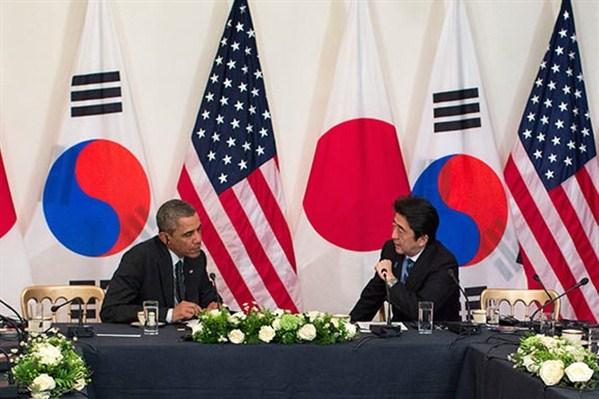U.S. President Barack Obama will most likely devote less attention to foreign policy issues in tonight’s State of the Union speech than to his domestic priorities, including continuing the U.S. economic recovery while reducing income and wealth inequalities and addressing the special concerns of African-Americans and other U.S. minorities. What time the president does allocate to foreign policy issues will as usual probably focus on the Middle East, although Russia, climate change and the resumption of diplomatic relations with Cuba will also likely be highlighted.
Although these are undeniably important issues, hopefully Obama appreciates that his ability to leave behind a major foreign policy legacy is probably greatest in the Asia-Pacific region. The Middle East seems destined to suffer through years of war and terrorism in the near future regardless of U.S. policy, and Moscow’s invasion of Ukraine has ruined U.S.-Russian relations at least for the remainder of Obama’s second term. By contrast, U.S. relations with Asia are very much in flux, so a few targeted U.S. initiatives there could go a long way.
Given the Asia-Pacific region’s economic and strategic importance, the administration’s declared intent to prioritize economic, diplomatic, military and other U.S. government programs that focus on the region makes sense, even if that intent has so far not been realized enough in practice. The Asia-Pacific region accounted for 40 percent of global economic growth in 2013, and U.S. exports to the region, which now exceed $500 billion annually, support millions of American jobs. Asia has also seen a rapid increase in relative global military spending and is home to many U.S. friends and allies that are affected by terrorism, North Korean military threats and the rise of China.

